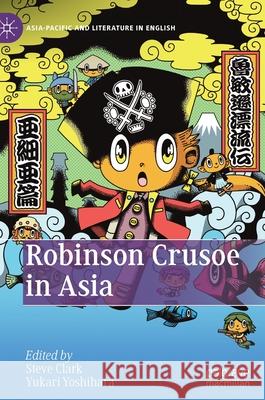Robinson Crusoe in Asia » książka
topmenu
Robinson Crusoe in Asia
ISBN-13: 9789811640506 / Angielski / Twarda / 2021 / 360 str.
Robinson Crusoe in Asia
ISBN-13: 9789811640506 / Angielski / Twarda / 2021 / 360 str.
cena 563,56
(netto: 536,72 VAT: 5%)
Najniższa cena z 30 dni: 539,74
(netto: 536,72 VAT: 5%)
Najniższa cena z 30 dni: 539,74
Termin realizacji zamówienia:
ok. 16-18 dni roboczych.
ok. 16-18 dni roboczych.
Darmowa dostawa!
Kategorie:
Kategorie BISAC:
Wydawca:
Palgrave MacMillan
Seria wydawnicza:
Język:
Angielski
ISBN-13:
9789811640506
Rok wydania:
2021
Wydanie:
2021
Numer serii:
000855696
Ilość stron:
360
Oprawa:
Twarda
Wolumenów:
01
Dodatkowe informacje:
Wydanie ilustrowane











